At a recent conference on the Mideast economy in Doha, which included the participation of Israeli scholars, discussions highlighted changes in the regional balance of power. Acceptance of Assad’s rule in Syria is growing, but so are questions about how Syria’s rehabilitation will be financed. And some Iranians are signaling that Tehran is willing to make political compromises to alleviate economic pressures.
Recently, a conference was held in the Qatari capital of Doha on the strengthening of the Middle Eastern economy. The conference discussions highlighted regional trends – both economic and strategic – some of which are well-known to the international community, but some of which surprised many of those in attendance and indicated new possibilities that reflect changes in the balance of power (and economic dynamics).
The conference was attended by people who are rarely seen together in the same room, such as representatives from Israel and Iran. Also present were delegates from the US, Europe, Russia, Africa and Asia, and many from the Arab world. The seats of the representatives from Saudi Arabia, the UAE and Bahrain remained empty, amid the ongoing conflict between those countries stemming from mutual accusations of subversive activities. The conference, which attracted participants from many countries as well as a great deal of media interest in the region, underscored Qatar’s efforts to establish itself as an influencer in the international and regional arena, as well as a major economic and financial player – all part of the country’s policy of developing its economy beyond a reliance on its natural resources.
From a regional aspect, the senior Jordanian presence at the conference stood out, indicative of the recent rapprochement between Jordan and Qatar and, correspondingly, of the distancing that has taken place between Jordan and the rest of the Gulf States over the past year. This all takes place against the backdrop of the regional and international constraints that require Jordan to diversify its bases of support in the Middle East. The sparse representation at the conference of the Syrian opposition in Qatar, that was on the front lines of the Arab fight against the Assad regime, signaled a growing resignation among Arab countries with regards to the outcomes of the war in Syria. However, the participants were left with many questions regarding what the policy of the international community and the Arab world towards the Assad regime should be, and about the best way to move forward with the process of Syria’s rehabilitation, the cost of which is estimated at hundreds of billions of dollars. The Russian delegates, who remarked that forcibly bringing Syrian refugees back is not out of the realm of possibility, also did not propose a scenario explaining how the conditions required for the return of refugees would actually be created on the ground.
What really aroused interest at the conference were some surprising statements on strategic issues. For example, an Iranian delegate said during a panel session that it was Iran’s desire to reach an agreement with the US. Addressing regional issues, the Iranian stated that in the framework of such an agreement, Iran would not recognize Israel, but would recognize a two-state solution. He also said that it was clear to Iran that any comprehensive deal would require it to act in such a way so as not to make Israel feel threatened. Another discussion featured Israeli and Iranian speakers on the same panel, all having given permission for their words to be quoted and attributed. Amongst many participants, the impression was that the ongoing economic pressure on Iran has led to some creative thinking on the part of decision makers in Tehran with regards to the need to find additional ways, aside from military provocations and terrorism, to advance dialogue with the United States.
The prevalent feeling amongst most of the conference attendees was that the US is unlikely to apply military force in order to shape the reality in the region, and that its shift away from involvement in regional conflicts is expected to continue. Any reference to applying maximum pressure in relation to strategic issues was limited to a discussion on economic measures. There were no U.S. military options “on the table.” During the deliberations about American versus Russian involvement in the region, there was no dispute about the significant and growing presence of Russia, only about whether its presence constitutes a stabilizing or destabilizing factor.
Throughout the discussions, there was a noticeable absence of any major criticism by the delegates of the Arab states regarding Israel and the legitimacy of its existence in the Middle East. While the conference was taking place, Israel endured rocket fire from Gaza in the wake of the assassination of a senior Islamic Jihad commander in the Gaza Strip. Even so, the Arab representatives’ allusions to these events were matter-of-fact to nonexistent, and emphasized the growing conception that the Israeli-Palestinian conflict is just another theater of conflict in the Middle East and does not necessarily affect the other centers of conflict in the region.
From an economic perspective, there was a positive atmosphere amongst conference participants, with no significant differences of opinion to note. With the region’s growing population and related needs, such as water and the necessity of developing a modern economy that takes environmental issues into account, the importance of cooperation on economic issues is likely to induce coordination between countries and reduce frictions that could exacerbate economic and environmental hardships. It would seem that Middle Eastern countries’ domestic constraints, including the Gulf States’ need to prepare for an era in which various energy solutions are reducing the world’s dependence on oil, are compelling them to find ways to develop shared mechanisms to solve problems, thereby forcing them to push political disputes further down their agendas.
Meetings such as the conference hosted by Qatar serve just this purpose, especially as its raison d’être was to identify ways to focus on common existential interests. Moreover, the gathering demonstrated that forums that allow for positive interactions between Israeli civil society and regional players serve the strategic interests of the State of Israel in the sense that they increase the exposure of those in the region to the range of ideas and innovation that Israel can offer. For example, an Israeli delegate was prominent during a debate on artificial intelligence and its implications for the regional economy, and many conversations were held on the sidelines of the conference between Israeli participants and attendees from the rest of the region. No one is under the illusion that scientific and economic tools will resolve the conflicts of the Middle East, but there is no doubt that the conference revealed a willingness to contribute to a joint effort to address regional challenges that affect all of the states in the region.
At the same time, like other conferences and events that are held in Gulf States and attended by Israelis, this conference does not, of course, suggest that the standards of political normalization have been met. The major policy issues, especially the Palestinian issue, will continue to be a stumbling block to a significant leap in the rapprochement between these countries. Given this, and in light of the assessment that a significant diplomatic breakthrough between Israel and the Palestinians is not expected in the foreseeable future, at this stage it is better to focus on taking small, measured steps in relations with the Gulf States – predominantly through discourse and exploring ways of achieving economic, civil and technological interests together. If this trend continues and intensifies, it is likely that in the long run a critical mass will be established that will allow for a discourse on a certain degree of political normalization. Therefore, the key to success is durability and restraint from the typical tendency to boast publicly, and sometimes harmfully, about the connections and the content of the discourse with the Arab states in general, and with the Gulf States in particular.
Micky Aharonson was one of the Israeli delegates to the conference in Doha, where she lectured on the role of Russia and the US in the Middle East.
JISS Policy Papers are published through the generosity of the Greg Rosshandler Family.
photo: Bigstock


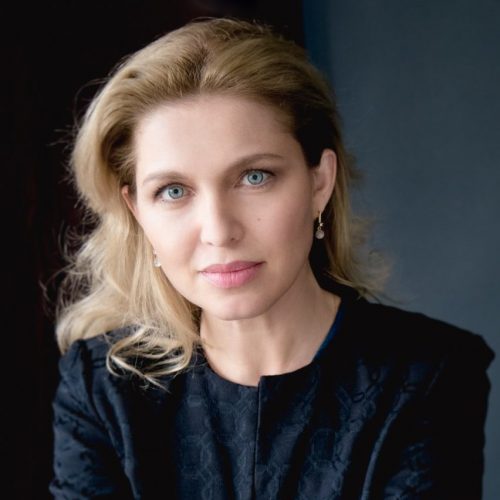
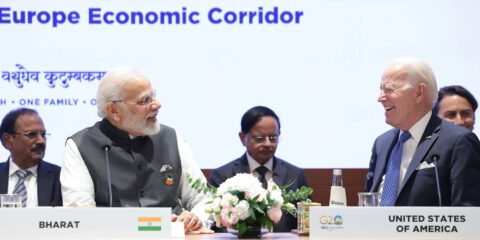

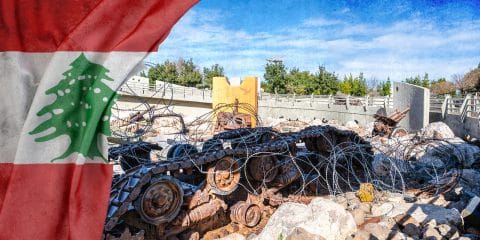
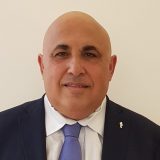
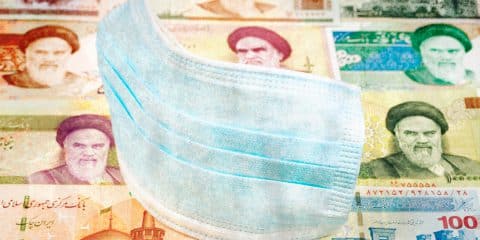
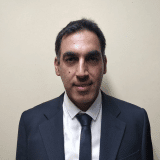
 - בניית אתרים
- בניית אתרים